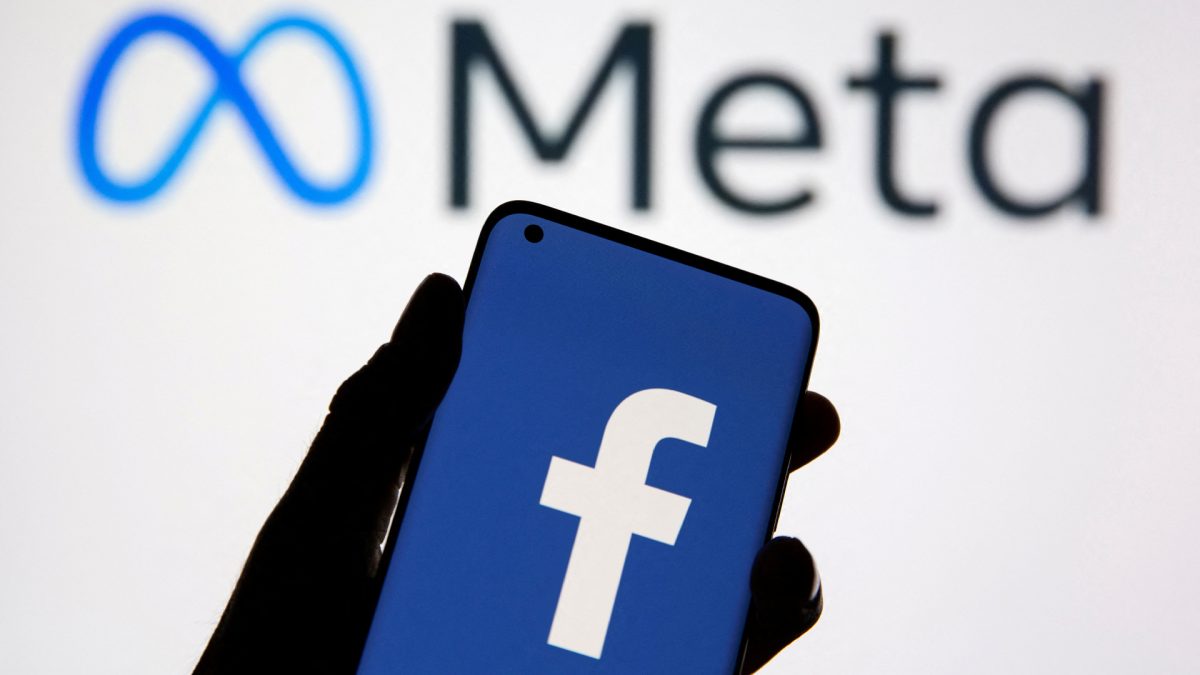Meta-owned Instagram and Facebook have emerged as favourite platforms for scammers on the internet.
The problem is such that Meta has acknowledged that its platforms are affected by an “epidemic of spams”.
The spams populating the two platforms range from misleading ads that thrive on stolen business addresses or dubious sales of pets. Even though the company has acknowledge the problem, it does not appear to taking serious steps towards tackling it — irrespective of its statements.
The Wall Street Journal has cited internal documents to report that Meta has deprioritised scam enforcement in recent years over fears that it could take down ads mistakenly during such enforcement. The documents also show that Meta has been cutting costs and shifting resources away from such initiatives.
The revelations have come at a time when Meta has ended its fact-checking programme that also served as a check against misleading content on the platform.
Nearly half of all digital payments scam on Meta: Report
In 2023 and 2024, nearly half of all reported scams on digital payments service Zelle for JPMorgan Chase took place on Meta-owned platforms, according to The Journal.
The newspaper reported that other banks have also reported “high fraud claims” originating on Meta-owned platforms — Meta owns Facebook, Instagram, and WhatsApp.
Similar to the United States, regulators in the United Kingdom and Australia have also found similar levels of fraud, according to the newspaper.
If that was not enough indicator of the problem, consider this: the newspaper has reported that Meta’s internal analysis from 2020found that 70 per cent of all advertisers on its platforms were promoting scams.
Impact Shorts
More ShortsEven with a demonstrated history of scamming, Meta does not block scammers.
The newspaper reported internal documents from last year showing that advertisers are allowed anywhere between eight to 32 violations before they are banned.
Edgar Guzman’s case study
In a case study, The Journal reported the story of Edgar Guzman, who runs a home-improvement supplies business out of a warehouse in Atlanta.
Guzman told the newspaper that scammers have been using the name and address of his business to dupe people for two people. He said that people make payments to scammers after seeing ads with his business’ name and contact information. He said that victims reach out to him when products are obviously not delivered. He said that it “sucks” to tell people they were scammed.
“What sucks is we have to break it to people that they’ve been scammed—we don’t even do online sales. “We keep reporting pages to Meta, but nothing ever happens,” said Guzman.
The newspaper reported that 4,400 ads were listed on Meta with Guzman’s address but only 15 of those ads were gen


)

)
)
)
)
)
)
)
)



